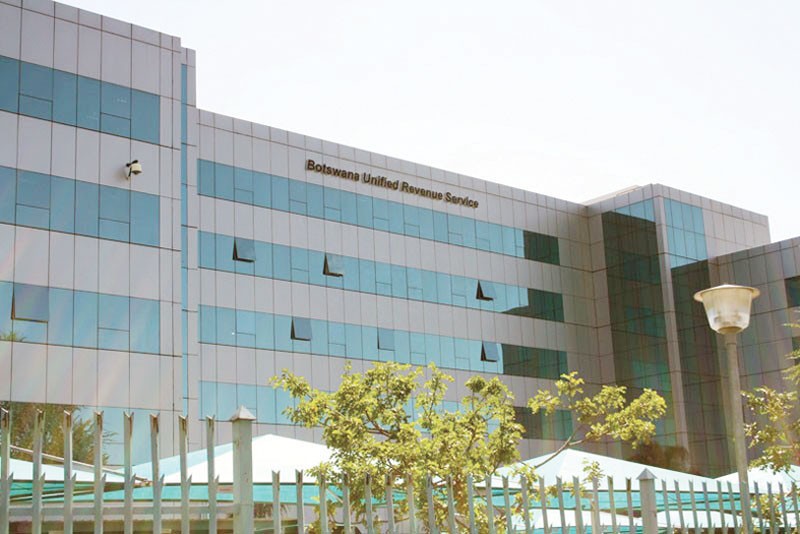BURS to pay back Bank Gaborone's P4m
Mbongeni Mguni | Friday August 30, 2019 12:48


In a recent judgement, the country’s highest court said the taxman had made off with more than his fair share when the bank’s tax liabilities were assessed for the years 2011 and 2012.
According to the facts of the case, the BURS had charged the bank the amount claiming that Bank Gaborone had classified its vehicle finance as a taxable amount, rather than a loan, which is not taxable. The BURS said the bank had therefore understated its tax liability for those years.
A three-member bench of the Court of Appeal led by Justice Louis Harms found that the BURS and the High Court had been wrong in their adjudication of the matter.
Local tax consultant, Jonathan Hore explained that at the heart of the case was how the bank treated vehicle finance leases.
“The bank’s modus operandi in respect of such sales is that, upon receiving a request for financing from clients, it purchases the vehicles chosen by the clients from car dealers, claiming VAT that it is charged.
“The bank immediately sells the vehicles to the clients at the same price, charging VAT and adding loan arrangement fees plus interest. The bank, however, does not put a mark-up on the price of the vehicles, which makes the VAT incurred similar to the VAT it charges on the vehicles.
“Technically, the bank therefore sells vehicles, as is acceptable practice in the banking industry.
“BURS was however of the view that the bank simply provided loans on which it earned interest and as a result, it (BURS) incorrectly calculated its VAT apportionment ratio by including the financed vehicle sales as subject to VAT.
“BURS therefore raised VAT assessments, which aggrieved the bank,” he said. In its judgement, the Court of Appeal bench said it appeared BURS strictly believed vehicle finance transactions involved banks as lenders and not that they could also be buyers of vehicles, assuming the VAT and holding onto ownership for a customer.
Hore said the decision was important for the local banking sector.
“This decision is of critical importance to the banking sector and tax fraternity as it clears the air over the treatment of instalment sale agreements, a well-established practice amongst banks, which has in practice, always been subjected to VAT,” he said.
“Further, it makes it certain that banks can include asset sales in the determination of their VAT apportionment ratio. “This brings clarity as to what affects the said ratio, which is so critical in accounting for the VAT for banks, considering the magnitude of the amounts involved in such transactions.”
He added: “The Court of Appeal ruling comes with so much relief to the banking sector which was under scrutiny by the taxman”.
